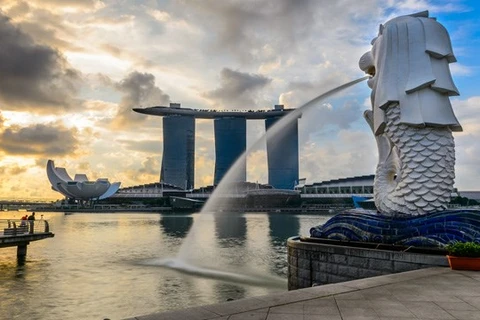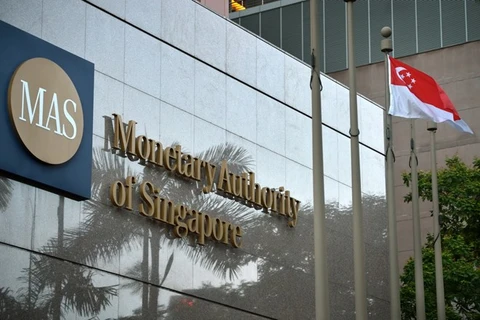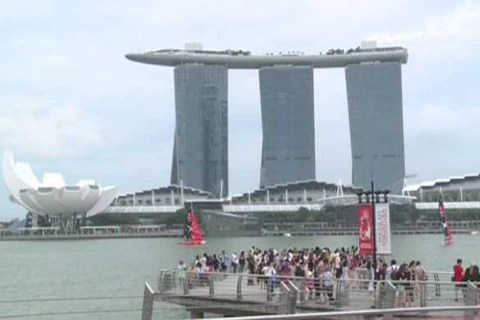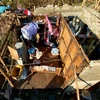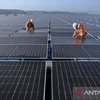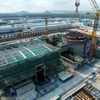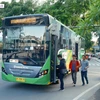Singapore (VNA) – The Singaporean Government plans to spend 19 billion SGD (about 13.2 billion USD) on supporting research and development efforts from now to 2020.
The city state’s Prime Minister Lee Hsien Loong unveiled the Research, Innovation and Enterprise 2020 Plan on January 8, saying that it is important to secure Singapore’s future by helping workers to thrive amidst technological changes, improving health care and transforming the urban landscape.
The plan will focus on four core technological domains: advanced manufacturing and engineering, health and biomedical sciences, services and digital economy, and urban solutions and sustainability.
The health and biomedical sciences sector gets the largest share with 4 billion SGD, or 21 percent of the overall amount. It is followed by advanced manufacturing and engineering at 3.3 billion SGD, urban solutions and sustainability at 900 million SGD, and services and digital economy at 400 million SGD.
Funding will also be given to programmes that cut across all sectors, including academic research, manpower, innovation and enterprise, totalling 8 billion SGD (5.57 billion USD).
There will also be 2.5 billion SGD (1.74 billion USD) set aside for “white space” research, compared to 1.6 billion SGD used between 2011 and 2015. It is dedicated to new or emerging areas of research that may arise in the next five years.
PM Lee said the 19 billion SGD is higher than the UK’s funding and equal to the US’s, noting that he wants the private sector to spend more on research and innovation.
According to Singapore’s National Research Foundation, 7.6 billion SGD was spent on research and development in the country in 2013, including 4.5 billion SGD (about 1.2 percent of GDP) from the private sector.-VNA



